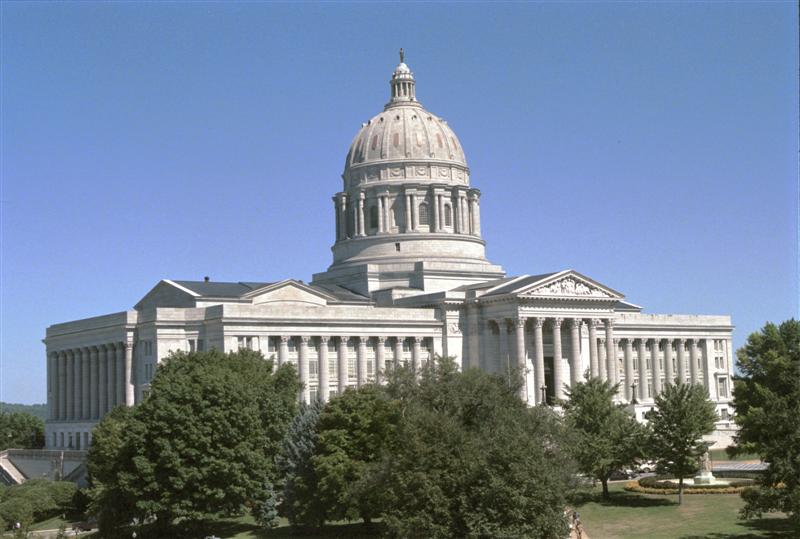JEFFERSON CITY, Mo. – While a number of issues took center stage during the past election, perhaps no topic was considered to be as crucial as that of fixing the economy. It’s a concern for many across the United States, as a tumbling economic downturn could lead to calamitous results and hardship. Missourians will remember the devastation of the Great Recession, the sharp decline in the economy in the late 2000’s.
It’s a concern not without merit, as weak revenues are causing the largest state budget shortfalls since the Great Recession.
The National Association of State Budget Officers’ (NASBO) said in their annual state spending survey that half of all states saw revenues come in lower than budgeted for in the 2016 fiscal year, many of who are seeing those same issues carry into FY 2017. Missouri is one of those states.
The main causes for the revenue slowdown are slow income tax growth, sales tax growth and a decline in corporate tax revenue.
Following the recession, a growing number of states are now looking to make sure they are prepared for the next possible downturn. One of the ways they’re doing this is by taking “stress tests.” It’s an idea borrowed from the Federal Reserve, which puts a state budget into a variety of different economic scenarios to see how their revenues would be affected.
“The measures we assessed—revenue volatility, deficit coverage by financial reserves, revenue and spending flexibility, and fixed costs as a percentage of revenues —provide an indication of recession readiness of the most populous states during the next two years,” Emily Raimes, a Moody’s Vice President and senior credit officer, said in a release.
The good news for the AAA-stable rated Show Me State is that one of the stress tests, conducted by Moody’s, found Missouri, Texas and Washington to be in the best position to handle a recession, citing strong reserves, spending flexibility and lower revenue volatility. Low revenue volatility means a state’s income doesn’t change too drastically from one year to the next, meaning it’s more predictable when planning for budgeting purposes.
But, Missouri’s neighboring state of Illinois found themselves on the opposite end of the spectrum in that same test, due to low reserves and their inability to be flexible with their spending.
The stress test tool is becoming a more common method for states to analyze their economy, as well as provide an opportunity to look forward. Using the results, states can put a plan in place to save funds and commit to programs in an effort to prepare for future downfalls and avoid the massive budget cuts that were so prevalent in the Great Recession.
Governor Jay Nixon first took office during the throes of the recession, inheriting a worsening situation that required him to place more than $700 million in restrictions when arriving in office in 2009.
Since then, the economy has grown, but issues with the state budget remain. Just last week, the governor announced he would withhold another $51 million in cash for the current fiscal year, despite already cutting $115 million in July and $45 million in September. He says he believes he will be handing Gov.-elect Eric Greitens the reins to a much better situation than the one he inherited.
Benjamin Peters was a reporter for The Missouri Times and Missouri Times Magazine and also produced the #MoLeg Podcast. He joined The Missouri Times in 2016 after working as a sports editor and TV news producer in mid-Missouri. Benjamin is a graduate of Missouri State University in Springfield.








